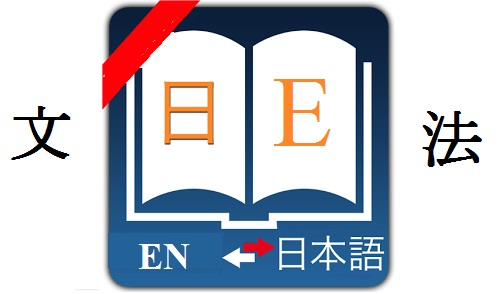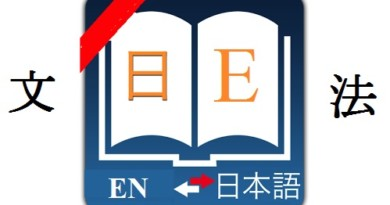Japanese と言っています grammar toiiteimasu

Let’s learn Japanese と言っています grammar toiiteimasu :
Contents
Japanese と言っています grammar toiiteimasu
JLPT level : N4
Formation :
Vる/た , Nだ、Aい、A(な)だ+と言っています
Meaning and how to use :
Expresses the meaning of “Say that/said that..”. To convey the words of someone that are still true to the present.
In many cases, it is used to quote sayings in third person. When quoting yourself, the words are often unaccepted by others.
Examples:
先生は再来週は試験だと言っています。
Sensei ha saraishuu ha shiken da to itte i masu.
The teacher says that there is a test coming next week.
母はここで20年前に父に会ったと言っています。
Haha ha koko de 20 nen mae ni chichi ni atta to itte i masu.
My mother said that she met my dad at this spot 20 years ago.
彼女は私が持っているペンは彼女の物だと言っています。
Kanojo ha watashi ga motte iru pen ha kanojo no mono da to itte i masu.
She said that the pen which I’m holding is hers.
子どもが公園を散歩したいと言っています。
Kodomo ga kouen o sanpo shi tai to itte i masu.
The kids say that they want to walk around the park.
彼はいつも甘いことが好きだと言っています。
Kare ha itsumo amai koto ga suki da to itte i masu.
He always say that he likes sweet food.
Related structures :
Ref : tuhoconline
above is Japanese と言っています grammar toiiteimasu. if you don’t understand the signs we used in fomation, you can find their meaning here : signs used in Japanese grammar structures.
You can search the structure you want by using the search tool on our website (using key : grammar + ‘structure name’ or you can find more Japanese grammar structures in the following category : Japanese grammar dictionary

How does it differs from 言っていました? Does it mean the words conveyed are no longer true since it is past tense? But we are taught to use 言っていました when conveying a message to a third party.
言っていました is quite rarely used.I think 言っていました is just focus on the action happened in a point of time in the past. not focus on the meaning of the words conveyed are no longer true or not.If confuse, you can use 言った. it is more natural in daily conversation 🙂